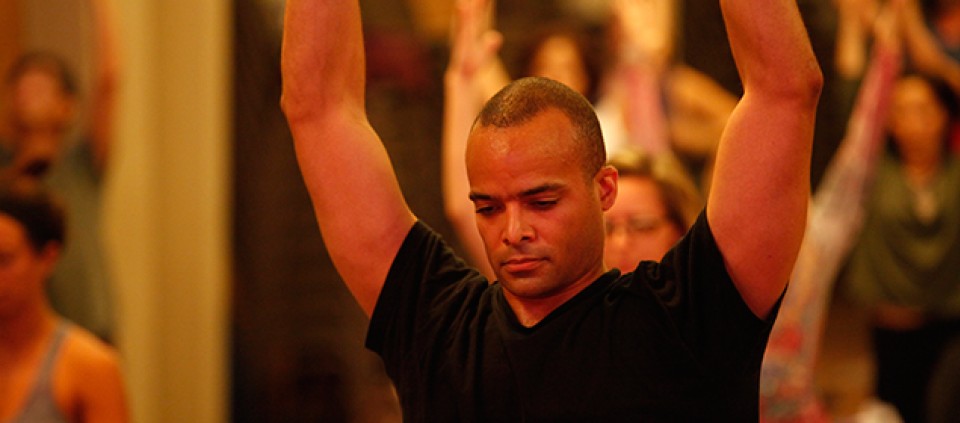What's Your Allostatic Load?

What is allostatic load? The phrase is relatively unfamiliar to most of us, but it’s well worth learning what yours is, pondering how to reduce it, and then taking action.
According to Mark Pettus, MD, Chief of Medicine at St. Peter’s Hospital in Albany and a Kripalu invited presenter, allostatic load is the cumulative wear and tear on your body that results from stress, especially chronic stress. Of course, a host of triggers can cause unremitting stress: a high-pressure job, relationship troubles, daily traffic jams, family discord, financial difficulties, inadequate sleep, insufficient exercise, environmental toxins, smoking, drinking too much alcohol, or a diet high in refined carbohydrates, sugar, and too much animal protein.
Even constant worry and anxiety or negative and self-defeating thoughts can increase our allostatic load. It’s not what we do, think, or experience occasionally that’s dangerous, so much as what we do, think, or experience most days of the week. Likewise, the steps we take to reduce our stressors are most helpful when they’re practiced regularly, not just once in a while when we happen to remember.
A few months ago, I decided I needed to get healthier, to make more of an effort to put the advice I spread through my work into practice myself. I began a fitness boot camp and started working out five to six days a week. I cleaned up my diet, cutting out dairy, sugar, and refined carbohydrates, and began cooking more at home. I committed to taking my supplements not just when it occurs to me but every morning. I’ve stopped drinking water out of plastic bottles and begun using chemical-free cosmetics. I’ve been following my natural tendency to go to sleep early and wake up early. I’ve made an effort to stop worrying so much about the future and how I'm going to manage it, and I’ve also tried to let up on myself, to reduce my self-criticism—to remember that I’m doing the best I can.
I didn’t know that by taking these steps I’d be reducing my allostatic load and perhaps lowering my risk for chronic disease. I just wanted to take better care of myself right now, to direct some of the energy I’ve historically put into the external world back toward myself.
Two and a half months since my self-care regimen began, I feel better, physically and psychologically. I feel somewhat calmer, somewhat more accepting of where I’m at in my life even though it may not be exactly where I’d like to be. There’s something about self-care that takes the edge off that frenetic “go, go, go” mentality. You stop what you’re doing and make time to nourish yourself with healthy food or invigorating movement or restorative sleep. Just the act of stopping to care for yourself lowers stress, I think, and thus reduces allostatic load. I can’t be sure, but I bet I’ve added a few years onto my life by making these lifestyle changes. It just feels good—and I’m worth it.
Portland Helmich is the creator, host, and producer of the Kripalu Perspectives podcast series. She has been investigating natural health and healing as a host, reporter, writer, and producer for more than 15 years.
© Kripalu Center for Yoga & Health. All rights reserved. To request permission to reprint, please e-mail editor@kripalu.org.
Portland Helmich has been investigating natural health and healing for more than 15 years, as a host, reporter, writer, and producer.
Full Bio and Programs